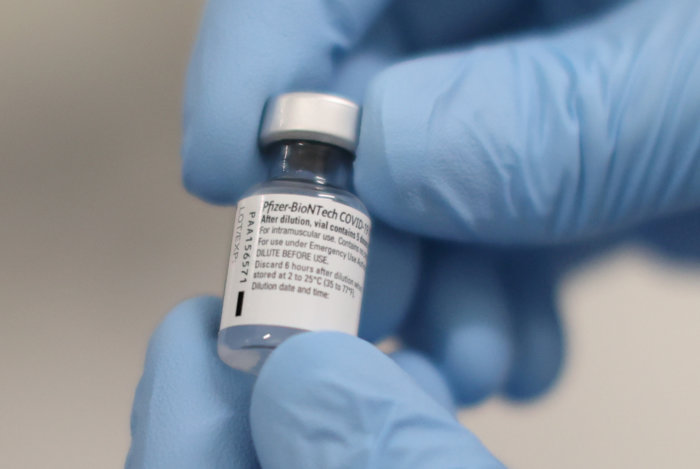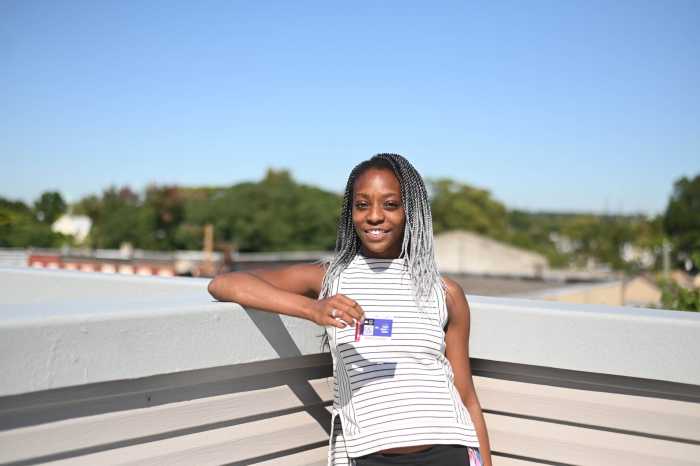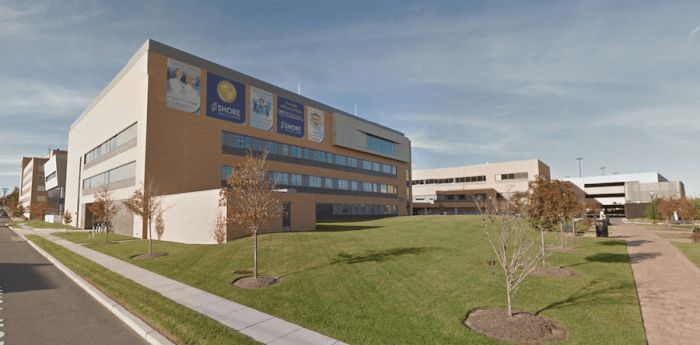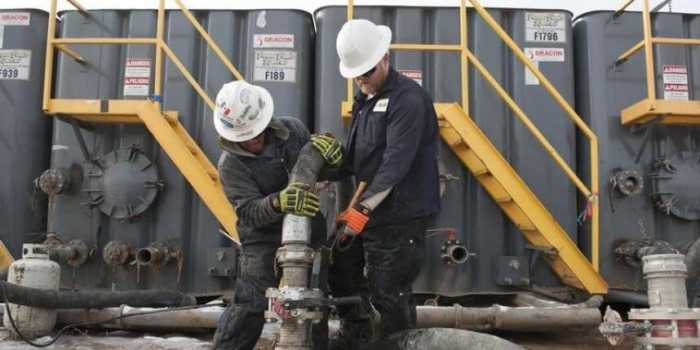Healthcare workers in Pennsylvania began receiving the Pfizer COVID-19 vaccine Monday, kicking off a massive effort to inoculate Americans and bring an end to a pandemic that has killed about 300,000 people across the nation.
Officials initially believed doses wouldn’t arrive in Philadelphia until Tuesday, but some hospitals in the city received shipments Monday. Others are expected to receive it Tuesday or Wednesday, according to James Garrow, a spokesman for the city’s Department of Public Health.
“We are advising hospitals to begin administering it as soon as they are able,” he said in an email.
Philadelphia will receive 13,650 doses this week, and medical centers with a large number of employees will receive more than smaller hospitals, Garrow said.
“We are expecting to receive more vaccines each week, so it’s our hope that next week’s shipment will be larger and we will quickly be able to vaccinate the entire health care workforce in Philadelphia,” he added.
The city is handling its own vaccine distribution, while the rest of Pennsylvania’s allotment is being coordinated at the state level.
Rachel Levine, the state’s health secretary, said officials anticipate Pfizer will send 97,500 doses directly to 83 medical centers in 66 counties this week. The hospitals were picked based on their capacity to quickly administer and store the vaccine, which needs to be kept at ultra-cold temperatures, she said.
At least one facility, UPMC Children’s Hospital of Pittsburgh, began inoculating staff Monday morning, according to Levine.
“Today is an important day as we look towards the future,” Levine said. She later added that she is “very comfortable” that the Pfizer product is “safe and effective.”
For every dose distributed in Pennsylvania, the federal government is storing an additional dose, to make sure everyone who receives the vaccine will be able to complete the two-shot regime, Levine said.
If Moderna’s vaccine, which will undergo federal review Thursday, is authorized, it could start going out to hospitals next week.
“It will still, however, be months before manufacturers produce enough vaccine to immunize the general public,” Levine said.
The first group to be inoculated is healthcare workers and nursing home staff and residents, a group that has accounted for a significant portion of coronavirus-related deaths.

CVS and Walgreens have contracted with the federal government to administer vaccines at assisted-living facilities. Levine said that part of the roll-out will likely begin within a couple of weeks.
Frontline workers, such as police officers and firefighters, will be next in line, followed by those with underlying medical conditions and people over the age of 65.
The general public will be the last group and may not receive the vaccine until “spring into summer,” Levine said.
“We need to get through what could be a very challenging winter before the vaccines are widely available,” she said.
COVID-19 hospitalizations continue to rise in Pennsylvania, surpassing 6,000 Monday. Nearly 900 patients with the virus are in Philadelphia hospitals, including 118 who are hooked up to ventilators.
During the spring peak, the city’s hospitals treated about 1,000 coronavirus patients.
About 16% of intensive care unit beds and 13% of general adult hospital beds in Philadelphia are available, according to a state dashboard.
Levine said some hospitals in Pennsylvania have run out of ICU beds, and others are running low.
“Our healthcare workers are being stretched to the limit, both in terms of the stress that they are under but also in terms of working and the number of patients that they are seeing,” she said.
The state’s positive test rate has climbed to 16.2%, and officials reported a combined 18,646 additional infections and 330 deaths Sunday and Monday. Nearly half a million people in Pennsylvania have been diagnosed with the virus since March.
Levine encouraged residents to continue wearing masks, practicing social distancing and following other health guidelines.
Since Friday, Philadelphia has recorded 2,078 new COVID-19 cases and eight virus-related deaths.
Gov. Tom Wolf, who has tested negative twice since receiving a positive result last Tuesday, joined New Jersey Gov. Phil Murphy at a virtual event where both governors pleaded with Congress to pass another pandemic relief package.
Much of the money from the federal CARES Act must be spent by Dec. 30, and Wolf said another spending bill would help stabilize the state’s economy and enable it to bounce back in 2021.
“It’s going to be months before we get to the point where enough people have been vaccinated that it makes a big difference in the economy,” he said. “We need more help.”
Wolf and Levine said money is also needed to fund vaccine distribution as well as an education campaign aimed at the public about vaccination.




























